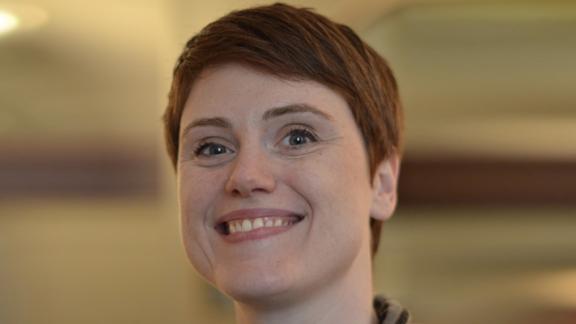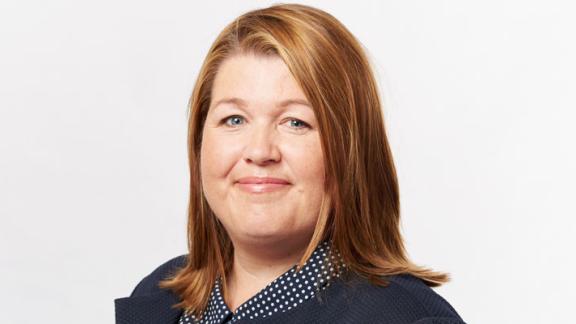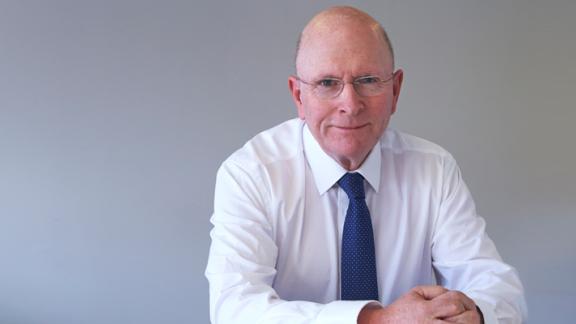Response to BMA menopause survey

In this blog, Greta McLachlan, a leadership fellow at the Cleveland Clinic and co-founder of Women Speakers in Healthcare writes in response to the BMA report, Challenging the Culture on Menopause for Working Doctors.
“Menopause is often described as a taboo subject in the workplace. Many are suffering in silence because they are afraid of the reaction they will get from managers or colleagues if they mention their symptoms at work” These are the opening two sentences of a BMA report published last week, looking at menopausal symptoms in women in medicine.
Between November and December 2019, the BMA circulated a survey to its members which obtained 2000 responses. With 30,000 women on the GMC register between the ages of 45-55 (the ‘normal’ menopausal age), and 77 per cent of the NHS workforce being female the symptoms and reality of the menopause at the workplace should not be overlooked.
The results are not unsurprising in how the NHS is responding to women suffering with menopausal symptoms. 93 per cent of respondents have suffered with menopausal symptoms and 65 per cent both mental and physical with 90 per cent saying it had impacted their working life. 38 per cent wanted to make changes to their working routine, but were unable to, and 48 per cent had not sought any kind of support and would not feel comfortable doing so.
There are accounts of doctors not being allowed to become more flexible in their working pattern, even though their male counterparts have done similar. Those who are worried to speak out about their symptoms because they will be “stigmatized and disrespected as someone who is no longer rationale or capable”. And worst, those who are leaving medicine, retiring early, because the system they work in does not enable women with menopausal symptoms to do their job.
Sadly, this report speaks to much of what we already know. There is still a gender bias in medicine. The system that we work in does not account for flexibility and was built for a particular type of person that is not woman shaped.
If women continue to leave their jobs at these key leadership ‘ages’, this will further impact the gender pay gap. It will also compound the systems lack of resilience as those in leadership position, with the power to change the status quo, won’t understand or be aware of such issues and thus the problem perpetuates and persists.
However, all is not lost. The fact that this report has been published is a shining beacon of hope. For without it we would not have the data to push forward change.
Now is the opportunity to share success stories, such as Sherwood Forest Hospital Foundation Trust, and encourage departments to incorporate available policies (see resources below) in this area into their working daily practice. Holistic care of staff is vital for retention.
With 77 per cent of the workforce being women, this taboo must be broken. We need policies in action to account for and support women during this period in their lives. Without them the women leadership deficit will surely not improve, and we will lose excellent clinicians to at a time when we cannot afford to do so.
Menopause resources:
- ACAS – Menopause at Work
- CIPD – Let’s Talk Menopause
- FOM – Guidance on Menopause in Workplace
- NHS Employers – Menopause at Work
- Cross Government Menopause Network – Colleague and Manager Toolkit
Find out more about Women Speakers in Healthcare on their website and follow Greta McLachlan, on Twitter @geemclachlan.
This blog was commissioned by the Health & Care Women Leaders Network.



